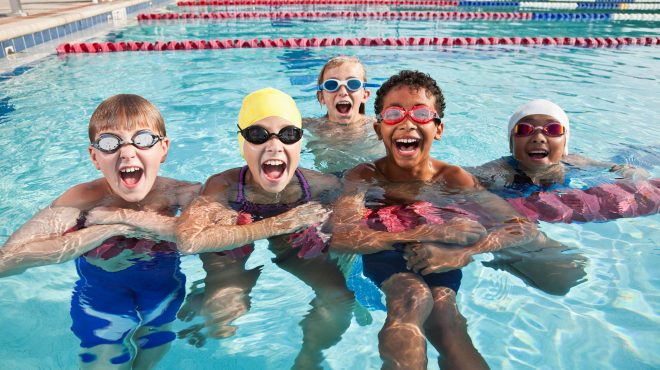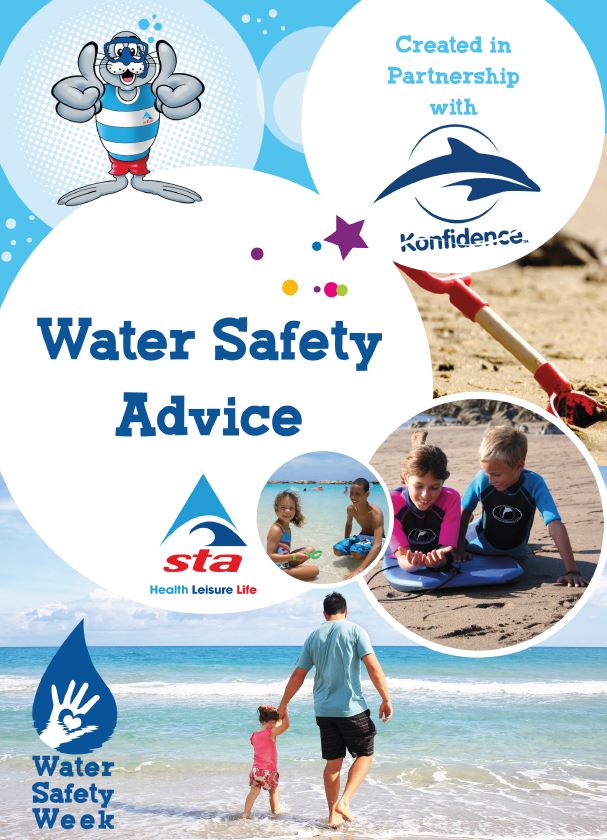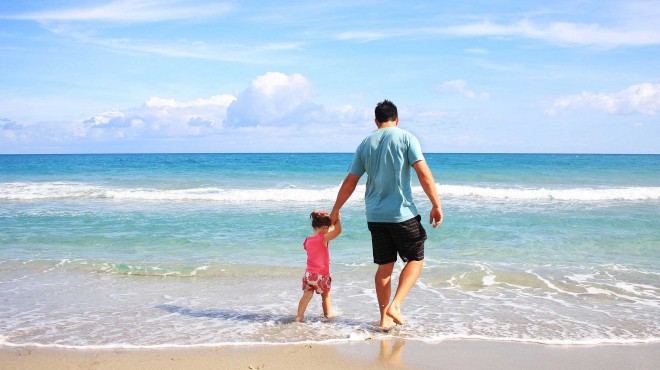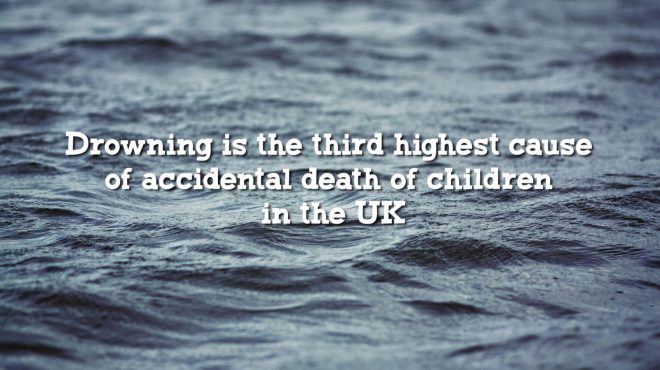STA Offer Top Water Safety Tips for Parents

STA, a leading UK charity that is dedicated to the teaching of swimming, lifesaving and survival techniques, will be launching its annual national water safety week on 6th June, with a host of events and activities taking place all over the country designed to raise awareness about the importance of water safety and learning to swim.

Richard Timms, STA’s President, said the campaign (which runs from 6th-10th June) is very important – especially when you consider that more people drowned in the UK last year than died in a fire-related incident and drowning is the third highest cause of accidental death of children in the UK.
He said: Enjoying water – whether at a beach or in a swimming pool on holiday or taking a relaxing walk along a canal or river – is one of life’s pleasures but it’s important that people of all ages understand how to be safe in and around water, especially at this time of year with summer approaching.
For families who will be preparing to go on holiday, it is important that children understand the Water Safety Code. To help with the learning process, we’ve created a free downloadable water safety booklet.
The 24-page booklet, which has been launched for National Water Safety Week, features fun puzzles and activities to teach children how to stay safe in the pool and in the sea, as well as general water safety awareness in different environments and potential hazards,
added Richard.
Download a free copy of STA’s water safety booklet here!
DownloadSTA is also encouraging everyone to support National Water Safety Week this year by using the hashtag #WaterSafetyPledge. Check out the event page, or follow us on Twitter!
Water Safety Code
- Spot the Dangers
- Water may look safe, but it can be dangerous; learn to spot and keep away from dangers. You may swim well in a warm indoor pool, but that does not mean that you’d be able to swim in cold water outside.
- Take Safety Advice
- Special flags and notices may warn you of danger. Know what the signs mean and do what they tell you.
- Don’t Go Alone
- Children should always go with an adult, not by themselves. An adult may be able to point out dangers or help if someone gets into trouble.
- Learn How to Help
- You may be able to yourself and others if you know what to do in an emergency.
- Categories
- Water Safety, Health & Wellbeing



